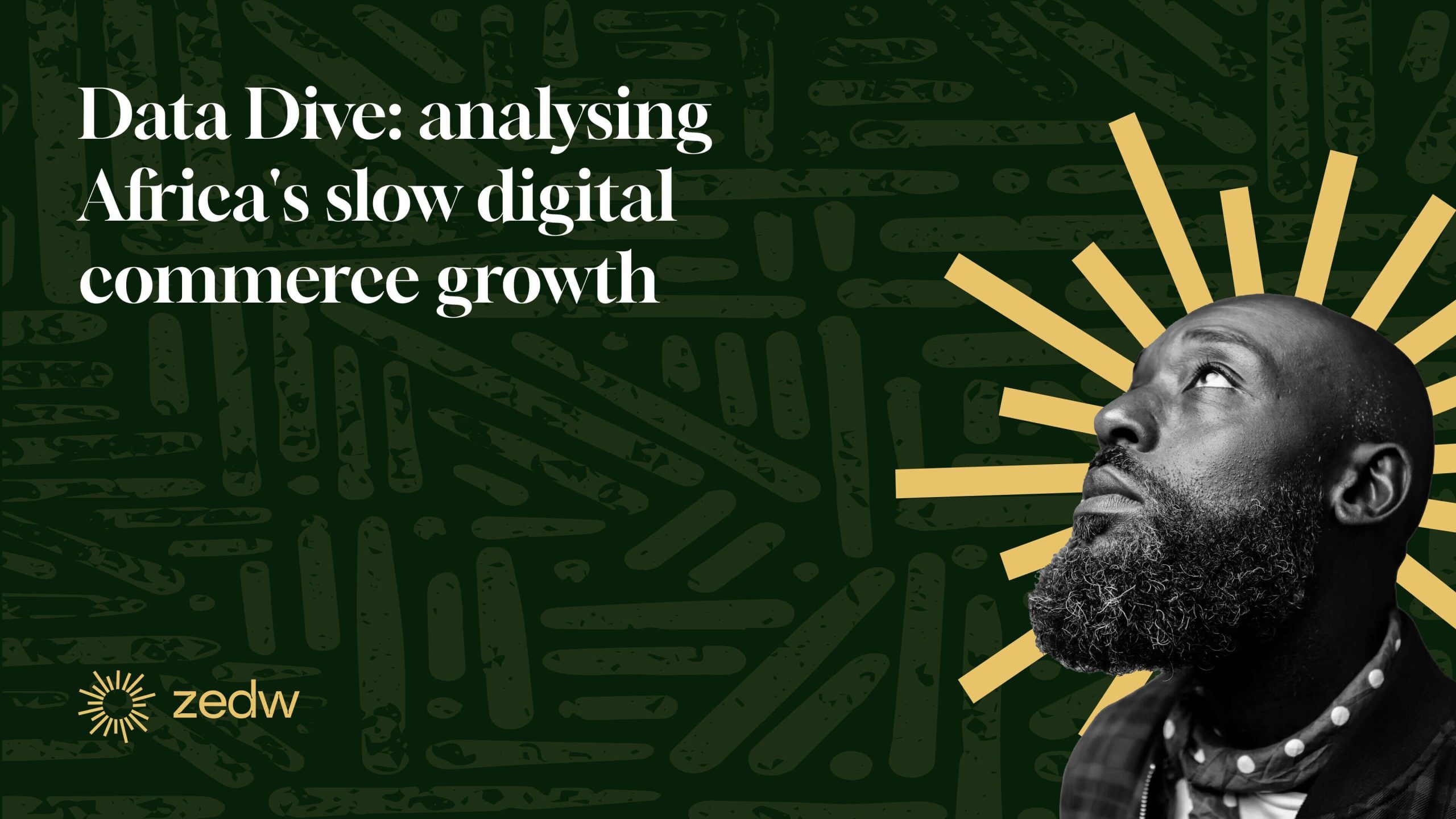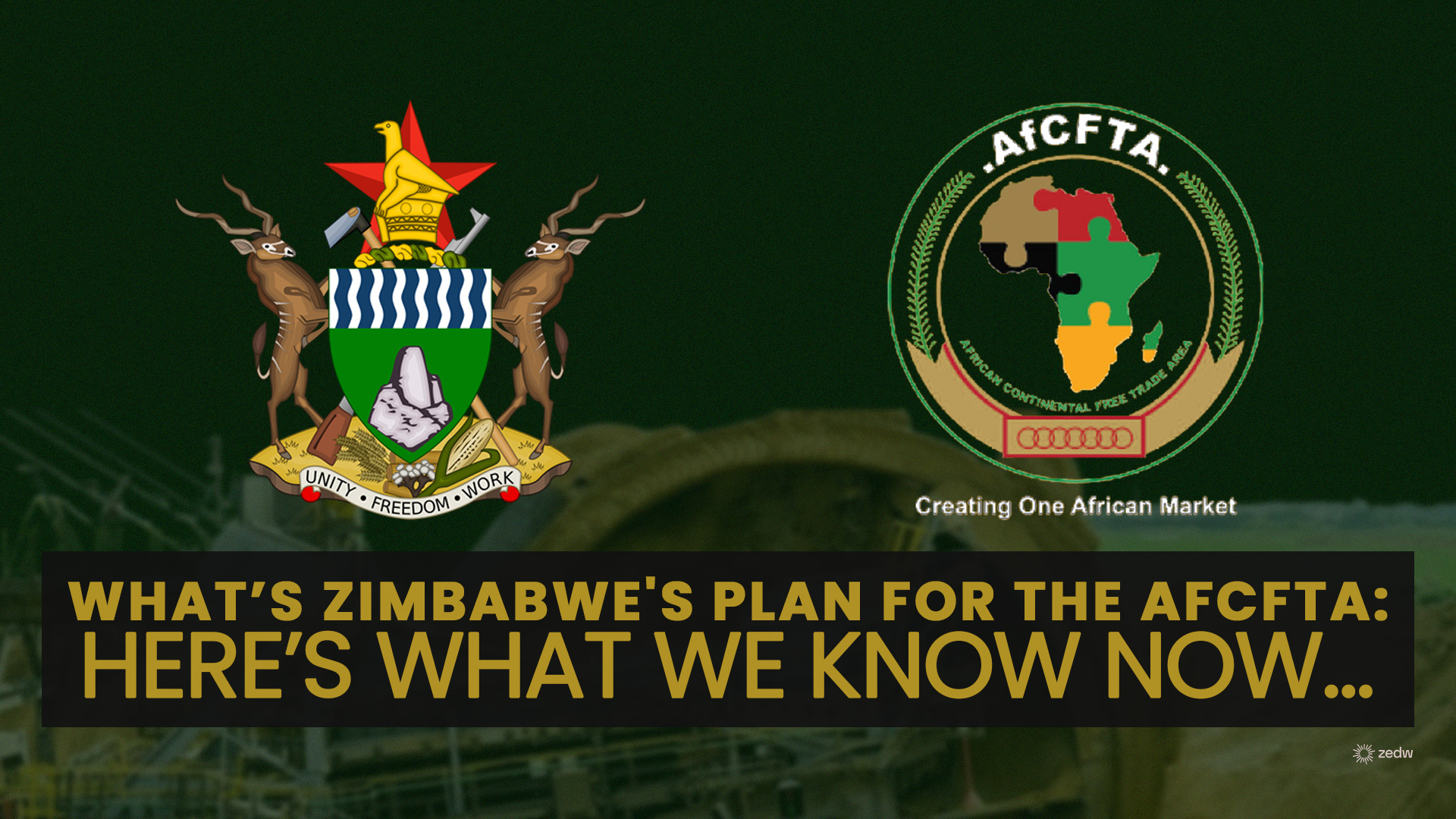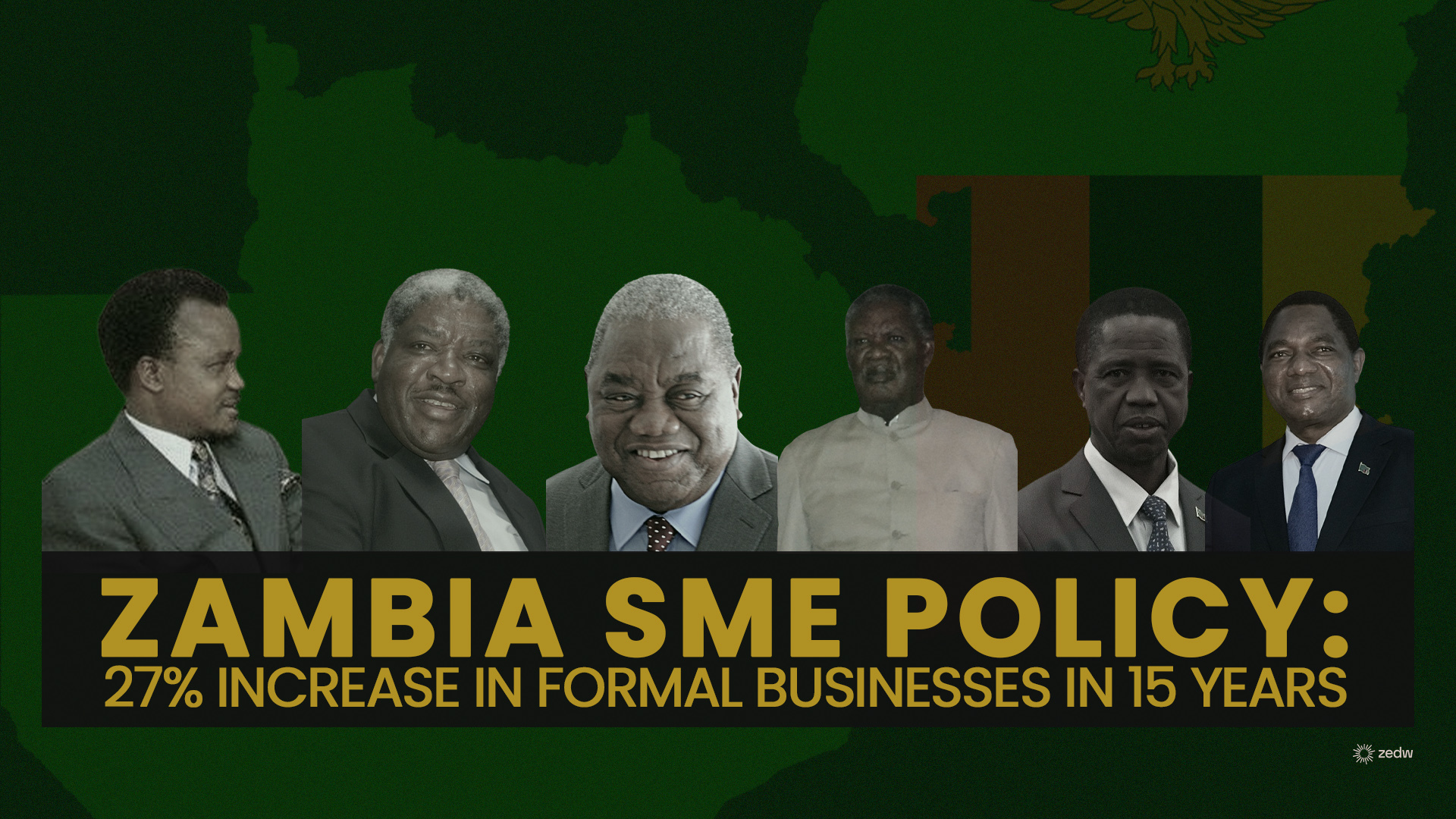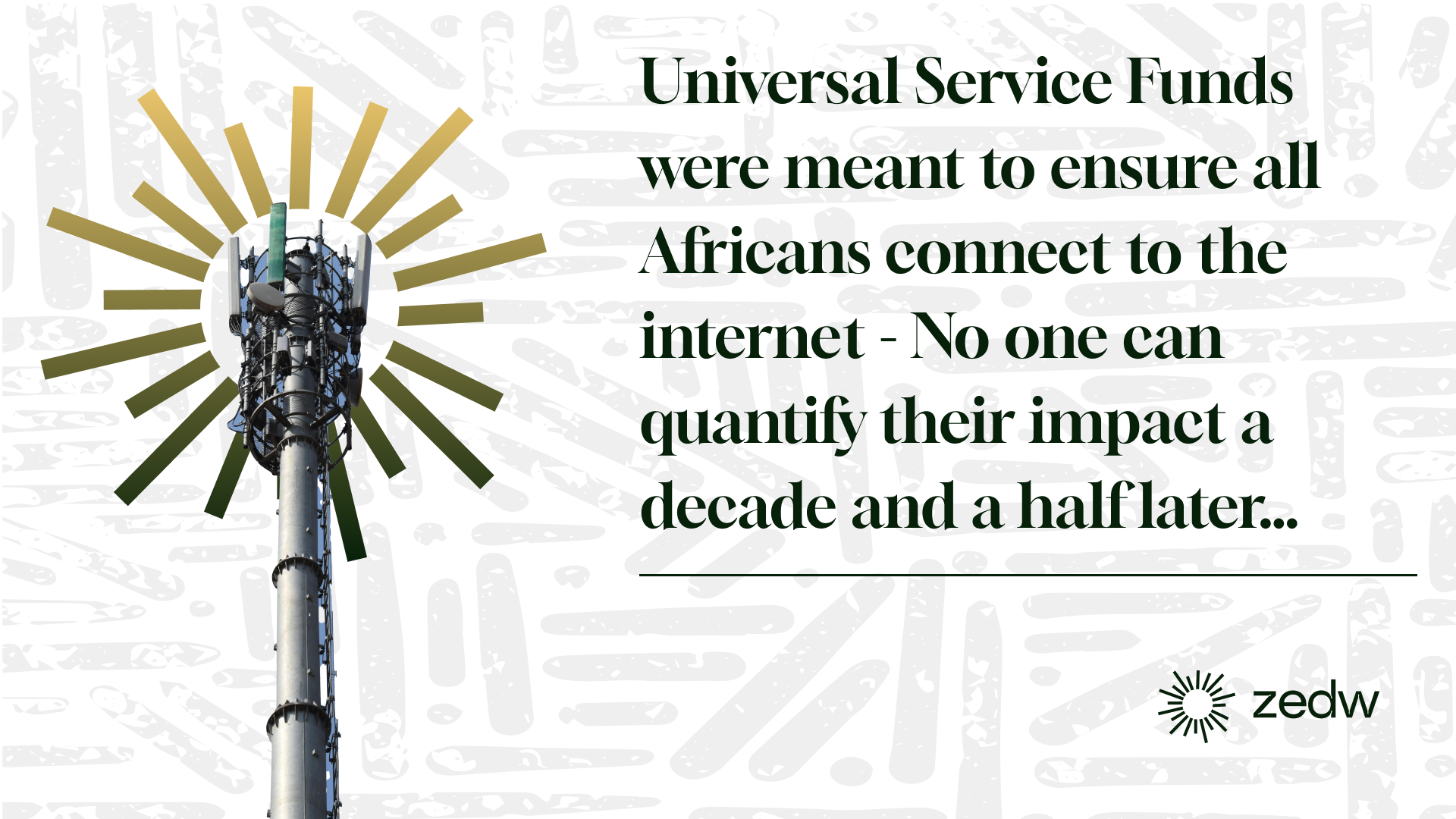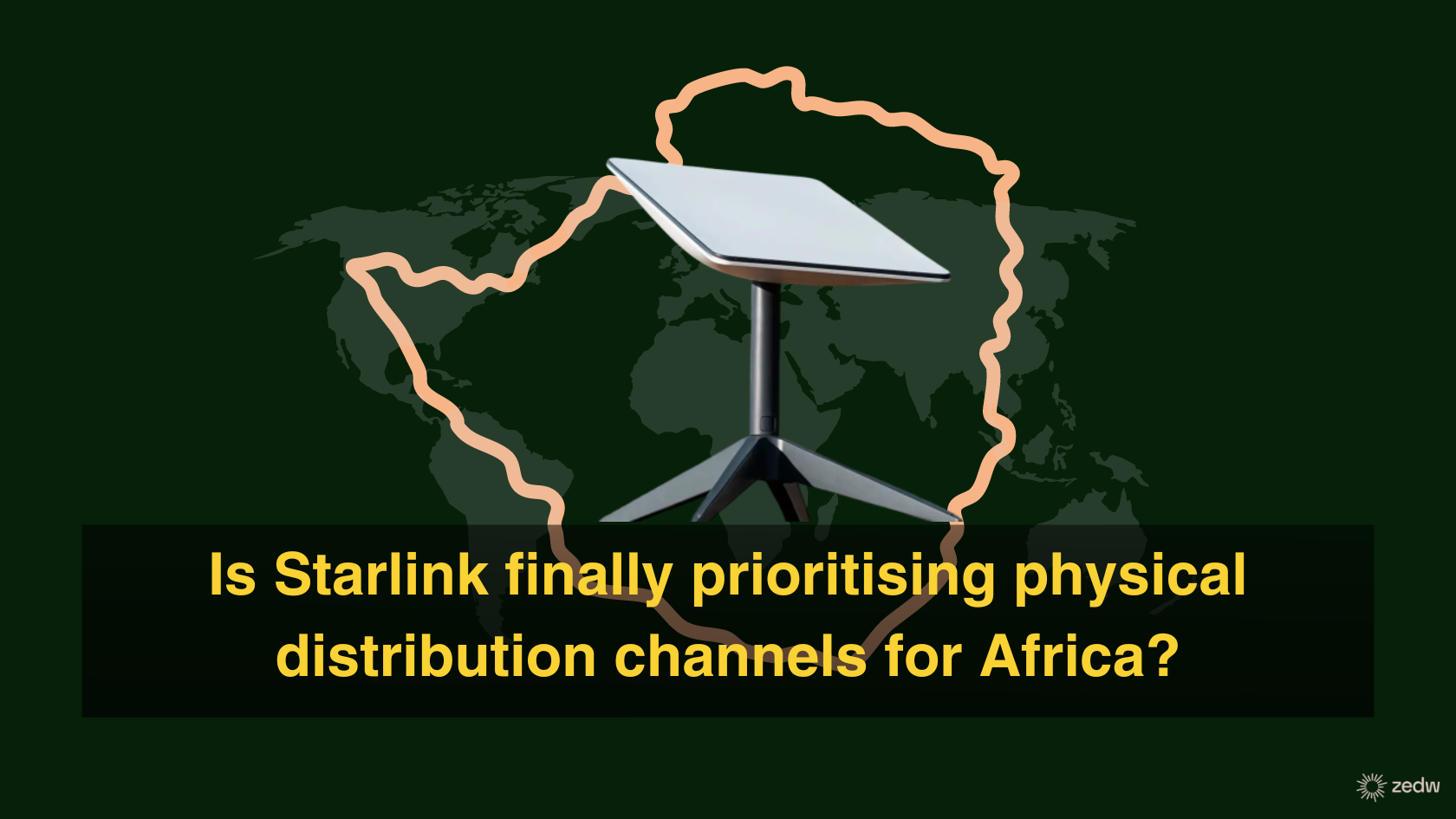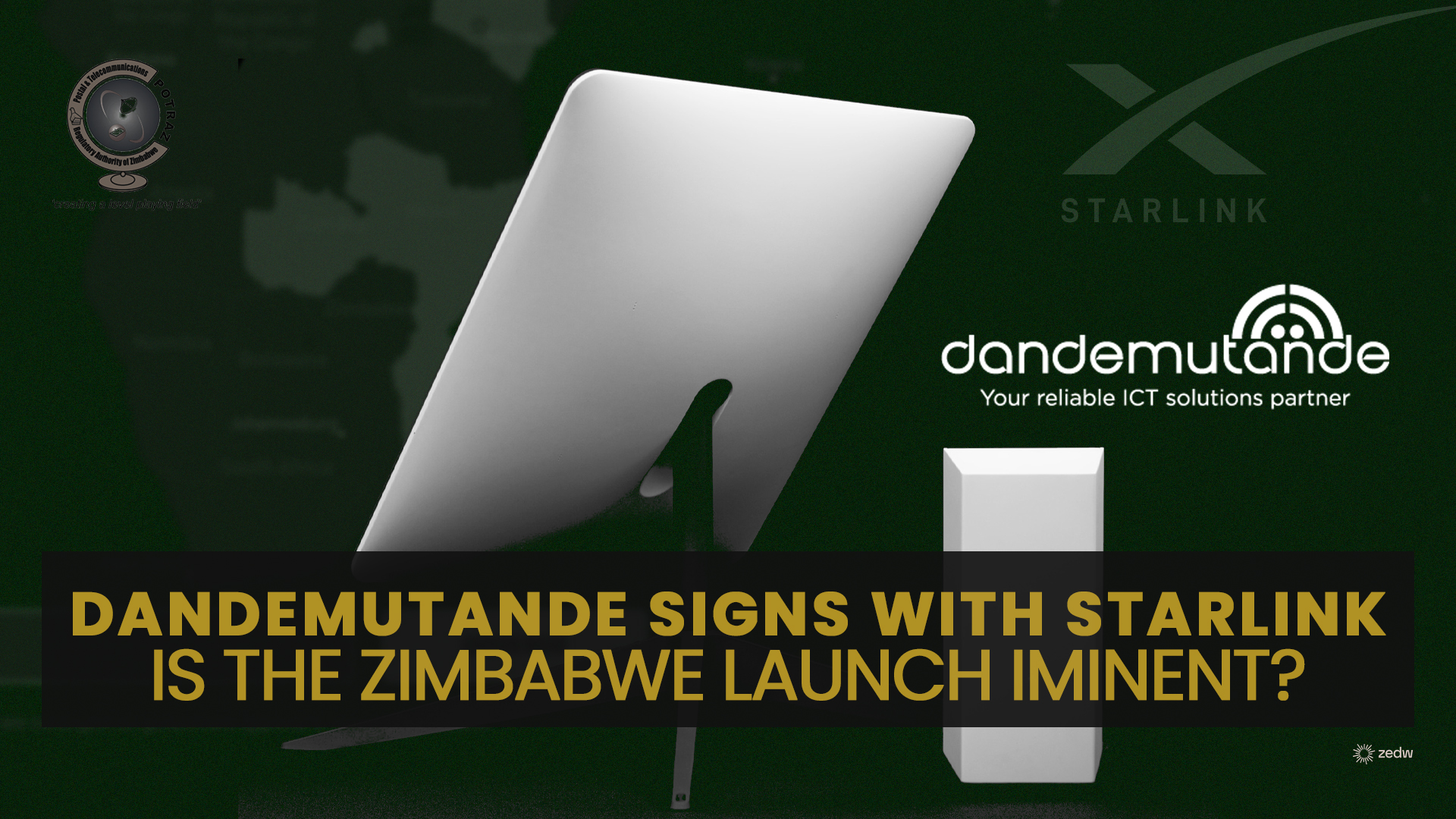Zimbabwe, Zambia, Malawi, and Botswana governments have agreed to scrap roaming charges for travelers. This is going to be a part of the SADC Roam Like Home initiative that was set up back in 2007.
For it to work, it involves network operators of different countries agreeing not to charge roaming fees that are higher than the network charges in the home country of a traveler. So if you cross the border you should still be able to call back home for the same length of time with the same amount of airtime that you spend on a call that long at home.
How does Roaming work?

Roaming is a service that allows you to access mobile services available to your home network in a foreign country. You can travel to a different country and maintain the same number for calls and SMS and purchase mobile plans from your home network.
Roaming is when you use your mobile phone while occasionally travelling outside the country where you live or have stable links i.e. you work or study there. So, as long as you spend more time at home than abroad, or you use your mobile phone more at home than abroad, you are considered to be roaming.
Europa.eu
In the background, your service provider in your home country will have an agreement in place with a service provider in the country you are traveling to. The agreement is that you can leave your home country and the service provider in the country you travelled to takes over your mobile services.
Here is the list of countries that Zimbabwean mobile network providers have roaming agreements with.
NetOne: Australia, Botswana, Malawi, Mozambique, Zambia, South Africa, United Arab Emirates (UAE)
Telecel: South Africa, Botswana, Malawi, Madagascar, Egypt, Mauritius, India, United Kingdom, Uganda, Belgium
Econet: Albania, Angola, Australia, Belgium, Botswana, Burundi, China, Egypt, Ghana, Greece, Hungary, India, Ireland, Italy, Ivory Coast, Kenya, Lesotho, Malawi, Malta, Mauritius, Mozambique, Namibia, Netherlands, New Zealand, Portugal, Qatar, Romania, South Africa, Spain, Sri Lanka, Tanzania, Turkey, UAE, UK, USA, Zambia.

What are Roaming charges?
Each service provider has roaming tariffs that are agreed upon with each service provider in the countries they operate in. What gets roaming to be expensive is the host network (The network you are accessing mobile services from) is carrying traffic for a roaming subscriber. The overheads the host network incurs in accommodating a roaming subscriber are levied back to this roaming subscriber’s mobile network provider.
The exact dates as to when the scraping of roaming charges will happen is still not available but it will be an effort that fundamentally demands buy-in from the mobile network operators themselves to have this arrangement. It will definitely make it easier for cross-border travelers but for the MNOs there is not much to gain from it.
To most people out there, this story (of scrapping of mobile roaming charges) is just a story on the goodwill of the operators. But no. This is part of the SADC “roam like at home” initiative, which was signed in 2007 by SADC Ministers of Communication, and since then, SADC has been engaging with operators to allow consumers to pay charges as close as they would have paid in their home countries,
Head of Communication and Public Relations at the SADC Secretariat, Ms. Barbara Lopi
Some countries experience higher inflows of visitors across their borders than others. And conversely, some countries get very few visitors into their borders. So MNOs in countries with a large influx of visitors are not too keen on accommodating this large volume of roaming visitors onto their network at the visitors’ local rates. This may be why it’s been an ongoing discussion for around 16 years now.


